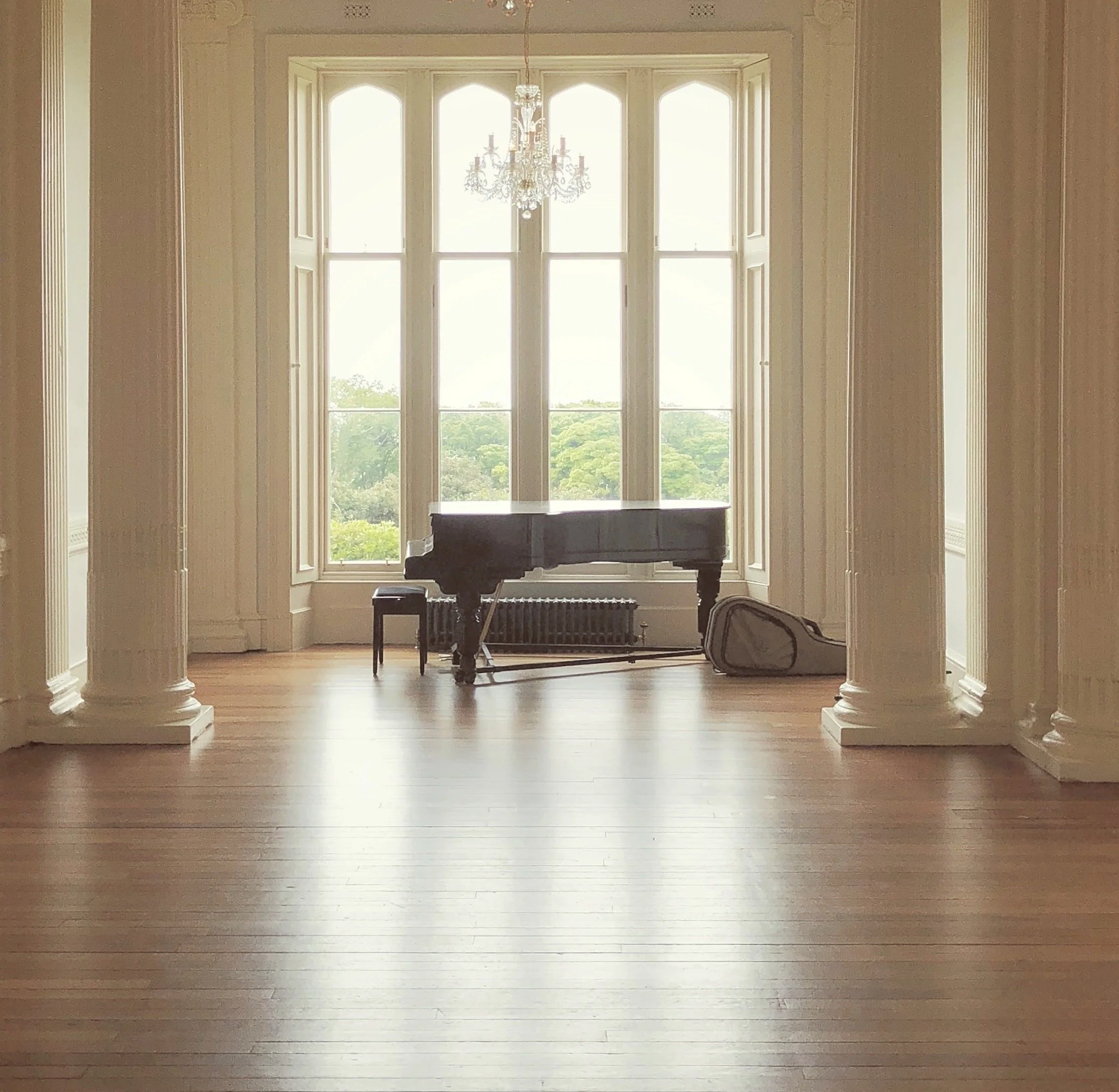On Spiritual Formation
Dear children,
You are all at an age now where you are starting to do more and more activities. Every day, you progress through scales on your instruments and sets in the pool. You are learning to do things not because you necessarily feel like doing them, or because they have any immediately visible results, but because they are making you into a certain kind of person, one who can play well or swim fast. And figuring out what kind of activities to do, and why or how to do them, is a big part of this stage in your lives.
One thing that takes just as much intention and practice to form, but which we often devote less attention to, is our spirit. You can think of your spirit as your inner self. It includes your physical body and outward activities, but it’s also the unseen part of you that drives all that—your character, your feelings and thoughts and will. So often, we expect ourselves to be kind or patient or wise at some crucial moment, without having put any training or practice into the development of our character—which is about as silly as expecting someone who has never been to swim practice to qualify for a time standard at a meet. What makes you a swimmer is not how you behave when the clock is running and the officials are standing over you, but in the moments spent swimming endless laps without anyone looking on. Similarly, a healthy inner self happens not just in high-stakes moments, but by choosing an overall life of understanding and practice which prepares us for those moments.
When it comes to our spirits, then, what are trying to become? What end goal are we training towards? Eastern religions will tell you that the point is to free your spirit from the material world, to dissolve yourself into a larger external force or reality. Western postmodernism tells you that the goal is to discover yourself, that you alone can determine who you want to be based on no criteria or framework outside of yourself. But Christianity tells you that the goal is not escaping from yourself, or finding the answer only within yourself, but discovering the fullness and truth of who you are in relation to God, because that is how we are created to live. The spiritual life is not about knowledge or technique or even morality—it’s about a relationship. The purpose of our spiritual life is to grow in relationship with God, and in so doing to become more like Jesus.
“Spiritual formation” is the term we use to describe the process that happens both within and among us as we grow in relationship with God, as we grow in knowing and loving and becoming like Jesus. It is not so much a formula, as a story, a conversation framed within a context in which God acts and we respond.
God acts. When Abram isn’t sure how it’s all going to happen, God addresses his fear, not by asking him to update his resume, attend extra practice sessions, or brainstorm solutions, but by telling him to look up at the stars in the night sky, a reminder of God’s infinite and creative power, control and wisdom (Gen 15:1-6). Abram doesn’t need to understand anything about his circumstances or himself; he only needs to comprehend who God is, and believe that God will do it.
Spiritual formation is an act of God from beginning to end. He calls us and justifies us; he gives us the desire to grow and enables us to do it. God works both within us and supernaturally beyond us, independent of anything we do or have or can be. This is important to understand, because otherwise spiritual formation morphs into mere morality, into virtues that are divorced from the nature and purposes of God and which therefore lead us to cultural assimilation and worship of self rather than a relationship with God.
We respond. Not long after he gazes at the stars, Abram journeys to give up the one thing he values most to God (Gen 15:6, 22:1-9). All through Scripture, belief is coupled with human action: Peter says he loves Jesus, then is asked to take care of God’s people (John 21:15-23). The disciples call Jesus Lord, then leave everything to follow him (Luke 5:1-11). Peter says that it’s because God has acted that we then make every effort to grow in virtue (2 Pet 1:3-8).
We respond by following Jesus, whatever it may cost. We respond through spiritual exercises that have been shown throughout Scripture and church history to shape our inner selves. As we respond, we find our dispositions, affections, wills, thinking, desires to be gradually changed, bearing godly virtues the way lemons form on the tree in our yard: not because the tree is trying for the sake of the lemons, but because it’s a natural consequence of staying rooted in watered soil.
God’s action and our response go together: it’s not one or the other, or even one first and then the other. It’s both together, all the time, because that’s how a relationship works. God is always acting to reveal himself, to give us new grace and power, even as we continually actualize our belief by choosing to behave and think according to what is true and godly.
I’m learning both. As someone raised in a legalistic church tradition, marinated in the meritocracy of our culture, trained in a goal-oriented medical profession, and who prizes efficiency by nature, I am learning what it means to let God act, to simply be, gazing at the stars like Abram, sitting at Jesus' feet like Mary (Luke 10:38-42), so that I can live my life from that place of being rather than lapse into performative morality.
I’m also figuring out how to stay committed to spiritual practices without which I cannot flourish, even (and especially) in this variably chaotic and busy stage of life. It’s a struggle to establish and adapt disciplines within our constantly changing routines—yet without them, I am too easily swept up in whatever waves of emotion or circumstances come our way. I am less able to discern the movement of God and value things of eternal worth. I struggle to find true rest. So I need to learn how to practice what I know to be true even when it feels hard.
And I’m learning to take it all one step at a time. The older I get, the more I feel like the journey of spiritual formation is less linear than seasonal. Like music or swim practice, it’s an up-and-down journey. Sometimes you see results, sometimes you glimpse glory: other times you press on in the fog of darkness, simply putting one foot in front of the other.
I know you will each have your own unique stories of spiritual formation, and I hope one day you will tell me that story. I hope you will always be growing in relationship with the God who loves you so much. I hope you consider how to form your spiritual life as carefully as you do any other part of yourself. It’s probably the most important thing you can do as you grow into the person God has and is creating you to be.
Love,
Mommy






